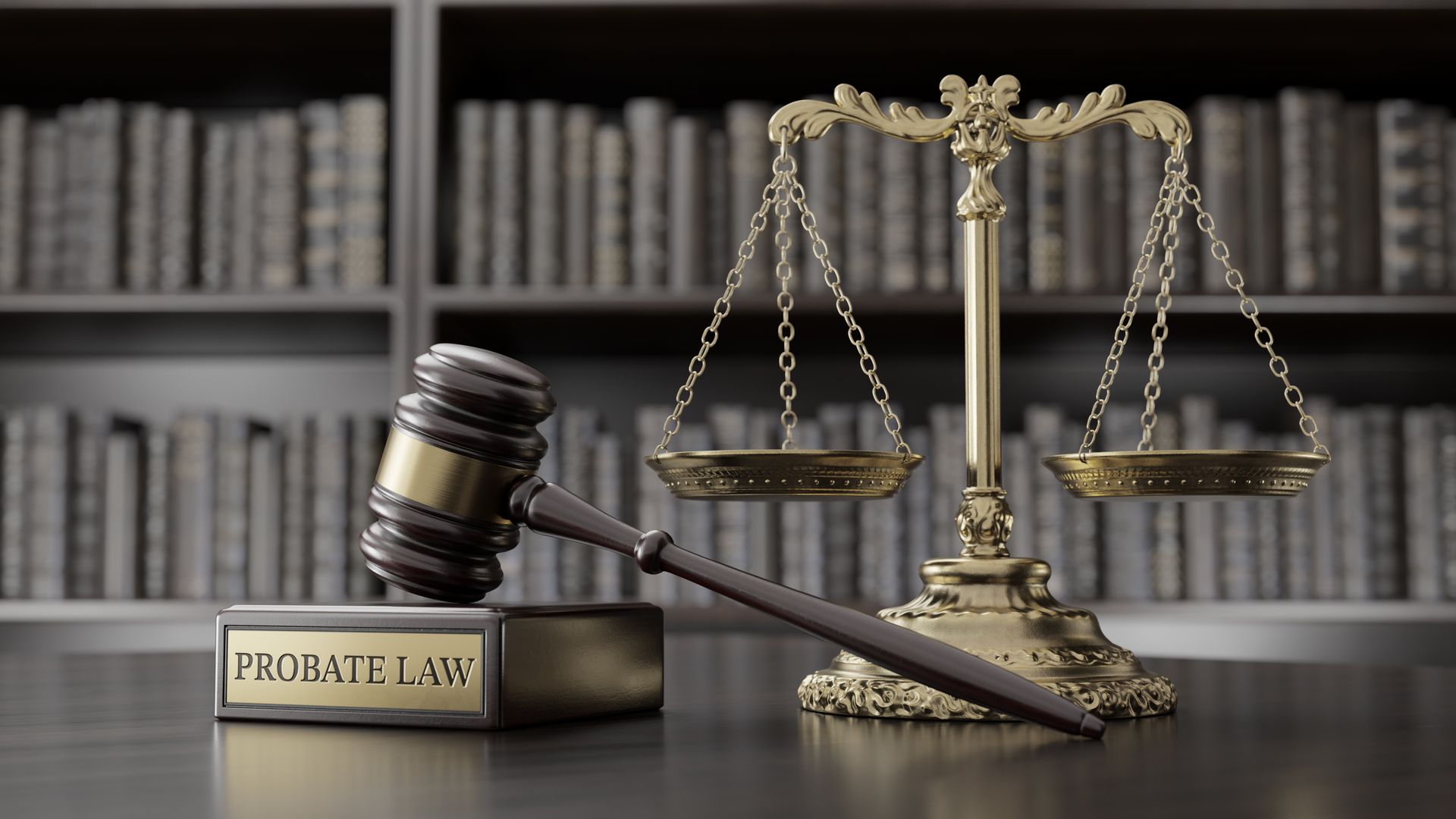How Much Does Estate Planning Cost in South Florida?

An affordable living trust can be a powerful estate planning tool that can help you protect your family while minimizing expenses at the same time. Living trusts are among the best, simplest, and most popular methods to transfer assets to your loved ones after you pass away. Also, they can help you avoid expensive probate costs. We discuss how a typical living revocable trust is structured, the advantages of living trusts, and how you can best use them to make an affordable estate plan that protects your legacy.
Trust Structure
A trust is a legal document in which you, the grantor, appoint a trustee to manage the assets in the trust for the benefit of beneficiaries. A living trust can be structured so that you initially serve all three roles as the grantor, trustee, and beneficiary. When you place the property in a trust, the trust becomes the owner of the property.
A revocable living trust can readily be revoked or changed as you see fit, so you have maximum flexibility to adapt your trust to your changing needs.
Advantages of Living Trusts
There are several advantages of trusts that should be considered when developing an estate plan, including:
Private Administration
Unlike wills that must go through probate (a public process), trusts are privately administered, and this means that your private financial affairs can be kept confidential.
Avoid the Probate Process
One of the most attractive aspects of an affordable living trust is that it can help you avoid the probate process. It is because probate is only concerned with the property your estate owns at the time of your death. If you die owning an asset in your sole name, these assets will need to go through probate for the property to pass to the rightful beneficiary or heir. This could include property like real estate, financial accounts, motor vehicles, and personal belongings.
However, if you adequately fund your trust during your lifetime and your estate owns no assets, no property must go through the probate process because the trust owns the asset, not your estate. The property can pass directly to your named beneficiary outside the probate process. It means you can save your estate thousands of dollars and shave months off the process. Your loved ones can receive their inheritance more quickly and can avoid the time-consuming and cumbersome probate process.
Asset Protection
A living trust can be structured in a way that protects your assets from your beneficiary’s creditors, divorce, and litigation. For example, your trust can limit distributions using a spendthrift provision, so they are not quickly taken by or assigned to creditors of a beneficiary. This can help beneficiaries even when they cannot otherwise help themselves.
However, it is essential to note that a typical living revocable trust will not help avoid your creditors. Also, it does not avoid Medicaid estate recovery or help you qualify for Medicaid. It may be possible through careful estate planning, but special care must be taken to achieve these objectives.
Long-Term Planning
While a living trust can be a valuable alternative to a will at your death, it can be a powerful tool during your lifetime, too. Your trust can state that distributions should be made for your health, education, maintenance, and support. You may even want to specify which expenses your trust should help pay for. You can contain clear instructions on what should happen if you become ill or incapacitated. This can help create a clear plan in case a crisis arises.
Greater Control
Living trusts allow you to maintain greater control over how your property is handled. For example, you can state that your children can use trust property, such as a house, but not sell it so that the property can remain in the family. Or, you can limit distributions to beneficiaries if they have a gambling or money management problem.
How Trusts Save You and Your Estate Money
Living trusts can play a crucial role in ensuring that your property is passed on correctly. Some of the ways they can potentially save you or your estate money include:
Avoid the probate process so your estate does not have to pay for court costs, legal notice, the executor’s time to prepare paperwork, and attorney fees. Probate fees are based on the gross value of your estate, so the more valuable it is, the more you will have to shell out in expenses.
Prevent disputes within the family that could threaten to drain the resources of your estate
Provide a clear plan for the care of a person who becomes incapacitated to avoid expensive guardianship or conservatorship proceedings
Preventing your loved ones from losing assets to creditors, bankruptcy, or litigants
While trusts can technically be challenged, they are far less likely to result in the types of disputes familiar with the probate process.
Ways to Make Your Trust More Affordable
There are many different types of trusts, and each one functions a little bit differently. An experienced lawyer can discuss your needs with you and help you craft a trust that fulfills your objectives in the most cost-efficient ways possible. Additionally, an experienced lawyer can help you maximize your savings by giving you tailored advice about other ways to transfer property outside of the probate process. The experienced probate and estate planning lawyers at Blade & Blade can also make recommendations about how to avoid contentious legal battles regarding your end-of-life care plan.
Contact Blade & Blade, P.A. for Help with an Affordable Living Trust
If you have decided that a living trust is right for you,
Blade & Blade, P.A., a South Florida Trust Attorney, can help you create a revocable living trust that suits your needs. Our attorneys can help you adequately fund your trust and transfer assets to it. We can discuss ways to safeguard your legacy and other ways to ensure your final wishes are carried out. Contact us today to arrange a confidential consultation.










